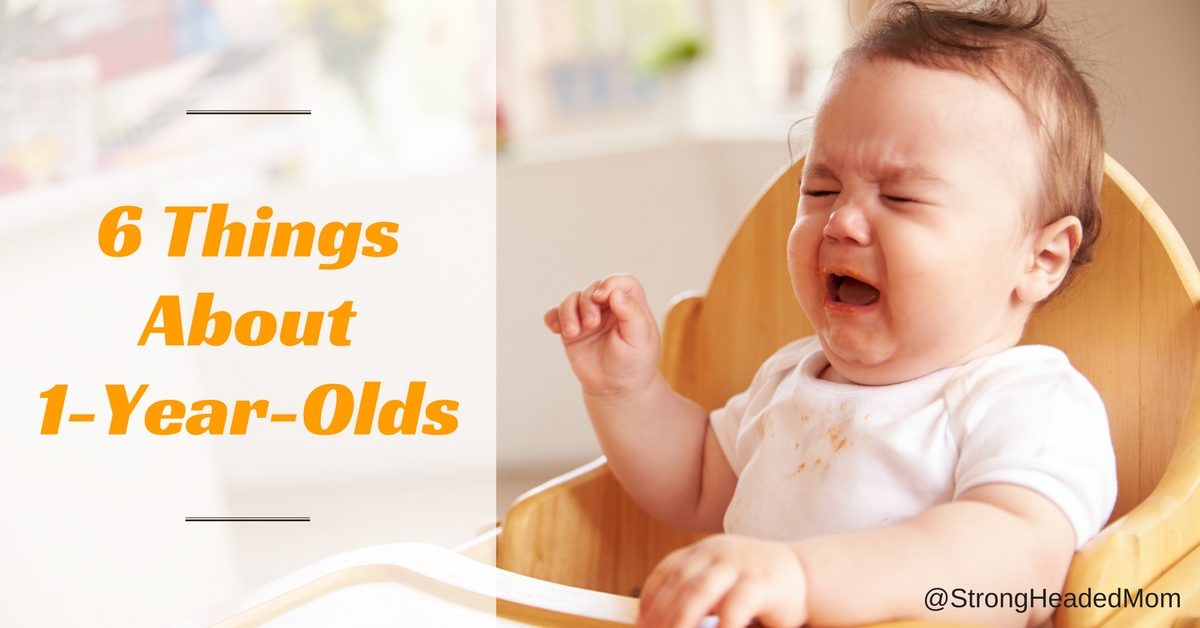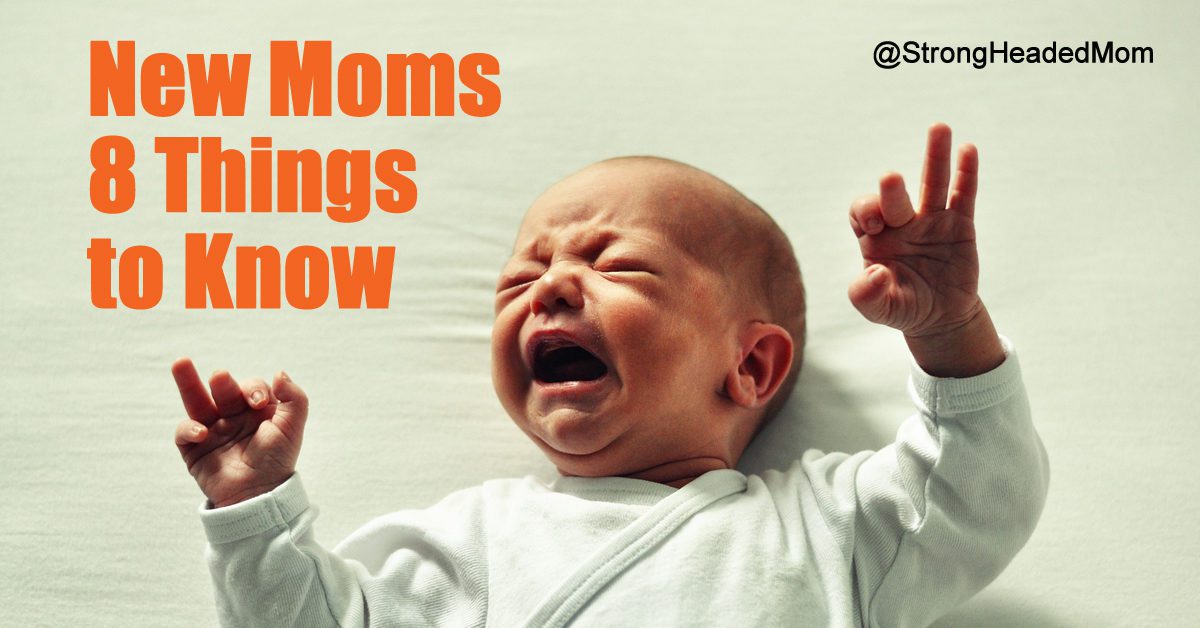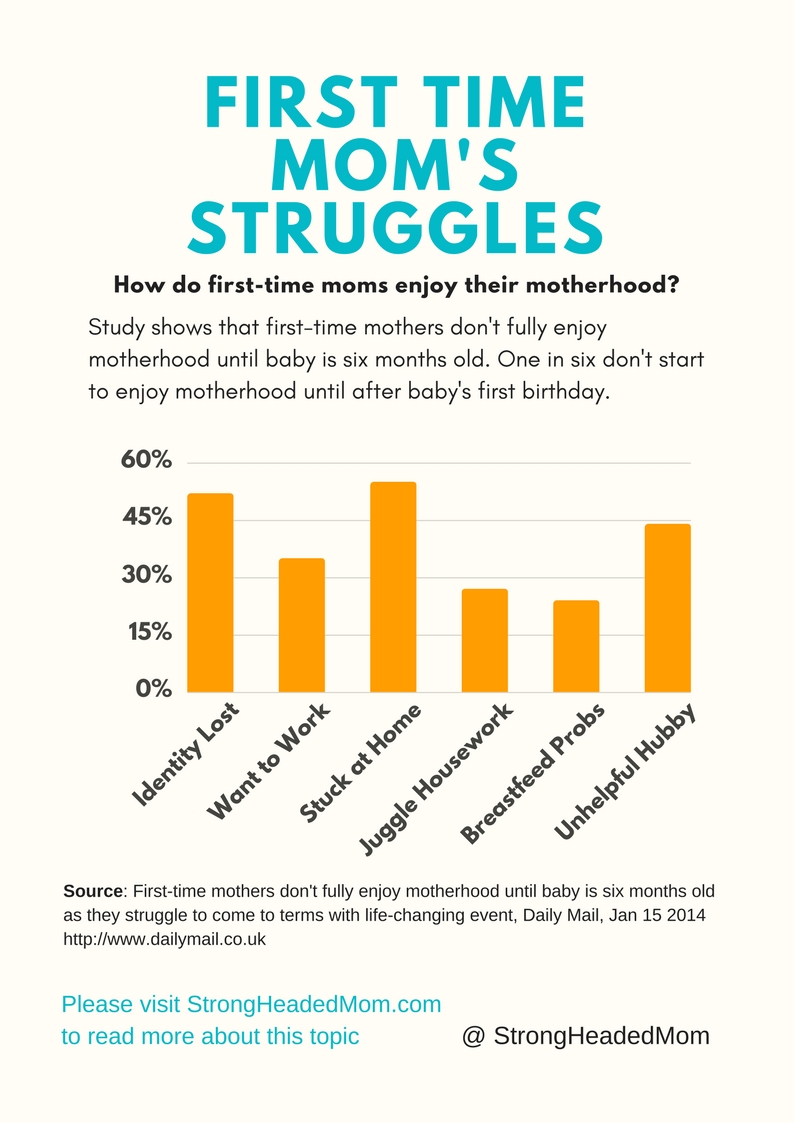The biggest challenges I had faced as a mother in my Second Year of Motherhood
This year is certainly the least-talked-about year. But I would say the second year of motherhood is not any easier. Many moms are prepared for the new mom struggles and “terrible twos”, but didn’t know much about what they would go through after their babies turn one year old.
So my baby turned one year old. He became a little human, not a chubby infant anymore. Of course, I thought it would get better. “At least he can understand better now!”, so I said to myself. Nope, it actually got worse. Toddlers are hands down 10 times worse than infants! They learned to reject, to defy and to whine…But they haven’t learned to communicate themselves yet. These are the perfect recipe for the inevitable tantrums and meltdowns…
But here is the silver lining: Although what you have been through with your one-year-old toddler could be a lot tougher than before, most of the problems with one-year-olds can actually be solved! (Unlike how it was in the first year, when you had to wait for your baby to slowly grow out of it most of the time).
Amongst all the challenges I had experienced in my second year of motherhood, the following 6 things were the worst that almost drove me crazy:
1. He turned into a super picky eater!

It definitely ranked #1 on my list. My son was a pretty good eater when he was just an infant. He started solid when he was 5.5 months old and almost ate everything we offered (except those he was allergic to). His favorite was actually vegetables, such as sweet peas, carrots or even green beans.
However, after he turned one, he started to drop everything one by one. There was no reasons, no signs. Just one day, all of a sudden, he refused to touch the sweet peas. Two weeks later, he refused to eat carrots. They always say to try everything when the kids were young so that they don’t turn into picky eaters. Well in my case this was far from the truth.
I could spend 30 minutes just to prep a small healthy meal for him, only to find the food lying on the floor, because when my son didn’t like them, he spit them out and threw them on the ground. He was a stubborn little man. I tried everything for him to eat healthy, but all failed. The most frustrating part was that I never knew what was going to happen. Because his favorite meal from yesterday could be something he hates today.
My Solution:
It was extremely hard to find a perfect solution to this problem. After trying everything, I realized that the most important “skill” parents need to have is patience, and the most effective “tricks” that actually worked are exposure, exposure AND EXPOSURE! Exposure means to always offer what adults eat to the child, include your child in meal-time conversations, and encourage your child to try something new even if he or she spits it out right away. Patience simply means that we should never give up. Keep in mind that kids might have sensory issues, but they will eventually grow out of it (given enough exposure). Also, I learned that electric toothbrushes actually helped; at least, it worked for my son. So it is also worth a try!
2. He was so easily frustrated!
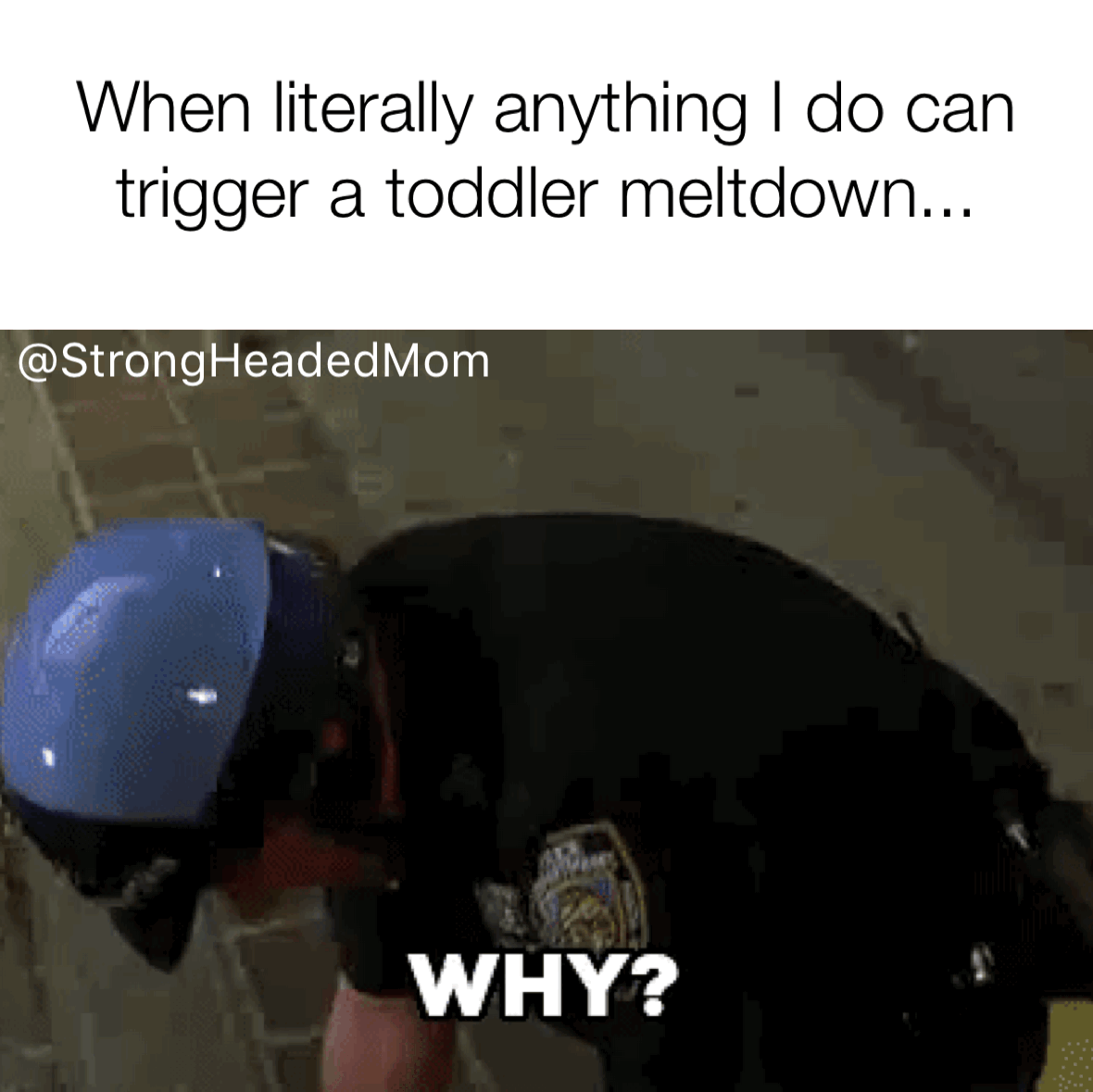
One-year-old toddlers, especially the strong-willed ones, are extremely cranky and easily frustrated. Here are just a few of the reasons that might cause the frustrations:
(1) They now have needs more than just eat and sleep, which are harder for us to attend to.
(2) They often don’t know what they want, but only how they feel (such as being upset and unsatisfied).
(3) They are not able to communicate verbally.
(4) They have zero patience (due to lack of sense of time).
These needs and feelings combined could have made anyone frustrated, let alone one-year-old toddlers, who don’t know how to control their emotions at all.
My son used to get frustrated over every little things, or even sometimes over nothing, especially when he just woke up from his naps. He always woke up crying, after a peaceful two-hour-long nap. It was really hard to deal with him at that time, as I didn’t even know the cause of all those meltdowns. He could be very happy, but started to scream one minute later. Some of my parent friends even call it “terrible one”, because it was so terrible.
My Solution:
Well, dealing with one-year-old tantrums is very hard, as it is impossible to reason with them. However, we can try to avoid things that can possibly trigger the meltdowns (this might help but unfortunately not guaranteed to work.). First of all, any toddlers get cranky when they are tired or hungry. So make sure to feed them small snacks throughout the day and make sure they get enough sleep. Sticking to a fixed daily schedule might help. Second, do not overwhelm them by showing them too many options (i.e. if a shape sorter includes blocks with 9 different shapes, you can let your toddler to start with only 2 or 3 shapes). Third, do not interrupt when they work on something, but make sure to watch them and offer help whenever necessary. Last but not least, if they cry for no reasons (or for things that you can’t allow them to have), just distract them. There are many ways to distract a one year old, such as to point at something outside the window, bring him his favorite toys, or just blow some bubbles.
3. He got sick all the time…

My mom used to say, “when babies stop drinking breast milk, they start to get sick”. It was definitely the case for my son. It all started with running nose, coughs, then high fever to top it off. It got worse after I sent him to a part-time daycare after he turned 18 months. Putting him in daycare was one of the best decisions I’ve ever made, because my son had improved so much socially and academically after he started daycare. However, he also got sick a lot more often for the obvious reasons.
My son got RSV on his first day in daycare. It was the worst we had ever experienced as he had really high fever (104.5) and refused to eat or drink (probably due to sore throat or upset stomach). He got so dehydrated that we had to rush him to ER for IV. The second worst was hand-foot-and- mouth disease. His whole tongue was swelling up and he couldn’t eat anything. He got very frustrated as he didn’t know that his tongue was the problem, but thinking it was the food that hurt his tongue. It took a while for us to convince him to eat normally again after he recovered.
For a strong-headed one year old, it was hard for them to understand a lot of things. They didn’t even know what was “being sick”. All they could tell was they felt so uncomfortable and they hated it. They didn’t understand that in order to recover from the illness they had to go through certain procedures. It was hard to get them do anything: drink water, eat fruit, see doctor, get shots, drink medicine, or even sleep…seemed to be torture to them, and everything became a two-man job (i.e. one parent to hold him down, while the other feed him medicine, etc).
The worst part is that you don’t get to sleep anymore when they are sick. They felt extremely uncomfortable when they woke up in the middle of the night, mostly due to stuffy nose or sore throat. They could wake themselves up just by coughing, and then burst into tears. All of these were understandable, but so hard for parents to handle. So yea, it almost drove me crazy.
My Solution:
Getting sick is a natural process for immune system to mature. So technically it is not bad for our toddlers to get sick once in a while. But the process was such a drag that we of course want to prevent it from happening too often. What we can do is to make them drink plenty of water, eat plenty of fruits, and make sure to wash their hands often. On the other hand, we need to be prepared by stocking up the necessary over-the-counter medicines, such as fever reducer, saline and Pedialyte (for them to stay hydrated), to reduce their symptoms. If the room is too dry at night, make sure to turn on humidifier, which will help to ease a stuffy nose. Most importantly, we need to take care of ourselves, too. This was, however, easier said than done, as I unfortunately got the germs from my son almost every single time and it was not pretty…
4. Rough transition from 2 naps to 1 nap.

My son used to be a champion at napping before he turned one. Oh how I miss the precious freedom when he took two naps a day. He obviously doesn’t nap in the morning anymore. This is not even the worst part. The transition from 2 naps to 1 was the part that almost drove me crazy.
So one day, my then 15-month-old toddler took his morning nap and finished his lunch, but never wanted to lie down again for the afternoon nap. I tried everything, but he was just standing there in his crib. So I ended up taking him out of the crib, and played with him. After a couple of hours, my toddler appeared to be very tired, getting super fuzzy and cranky. So I put him to bed to nap at 4pm (huge mistake). He woke up at 6pm, fresh and excited, and of course refused to go to bed again at 7:30pm, which was his regular bedtime.
I thought it was just a one-time thing, but I couldn’t have been more wrong! It happened again and again. Then, I came to realization that maybe it was time to eliminate the morning nap all together.
It was definitely hard work to keep him awake till he finished his lunch. For any strong-willed toddlers, being hungry and overtired at the same time was the number one reason for major uncontrollable tantrums. Plus he was a picky eater. It took so much energy out of me just trying to stay calm. If this also happened to you, hang in there! We’ve all been there and this too shall pass.
My Solution:
The 3 keywords for the transition period to go a little smoother are: morning snacks, early nap, and early bedtime. I made sure he didn’t get hungry in the morning by adding one more morning snack. I also moved up his nap time from 1pm to 11:30am to make sure he was not overtired before nap. Sometimes, I fed him a big snack around 11am (such as yogurt or cheese sticks), and put him straight to bed. Then after he woke up from nap in the early afternoon, I would feed him his late “lunch”. After keep adjusting for over a week, I managed to get by with this new schedule: Lunch at 11am and nap at 11:30am. Because he skipped morning nap, sometimes his afternoon nap could last for 3 to 3.5 hours. The best part was I finally got to move his bedtime up to 7pm, as he would be actually tired by then. Hallelujah!
5. The reckless little guy can no longer be contained.

It was so cute and sweet to see my son taking his first steps, but starting from that moment, my life as a mother was turned upside down. This little guy became mobile and can’t be contained anymore. (This can happen before they turn one, but for my son it happened after he became a willful one-year-old toddler.)
They don’t understand what danger is, so they want to touch anything or eat anything they touch. They would charge to the middle of the street just to pick up a piece of leaf. They could open all the drawers in your house and take everything out. Some can even open the doors and just wander out of the room. They want to be out and about all the time. Unfortunately, chilling-at-home is no long an option for them.
This sometimes happened right after they can crawl. But trust me, walking independently and crawling are completely different stories!
My Solution:
Baby proof everything is definitely one of the obvious solutions. Make sure the drawers can’t be opened easily and the outlets are covered. Pack all your loose items away as they are choking hazard. Install large baby playpens (play yards) or baby gates to prevent your toddlers from wandering into the bathroom or kitchen. You can find a lot of articles online with tips to thoroughly baby proof your house. Personally, I believe that I should try to never let my one year old out of my sight. You just don’t know what could happen when you are not around. But when I needed a break, I would put him in his play yard and gave him his favorite toys (this unfortunately didn’t work for me 60% of the time, see #6 below). In addition, make sure to always buckle them in the stroller when you walk through a busy area with lots of cars. Let them run free in a safe area, but again always keep a close distance and don’t let them wander out of your sight.
6. He became super clingy and scared of strangers.
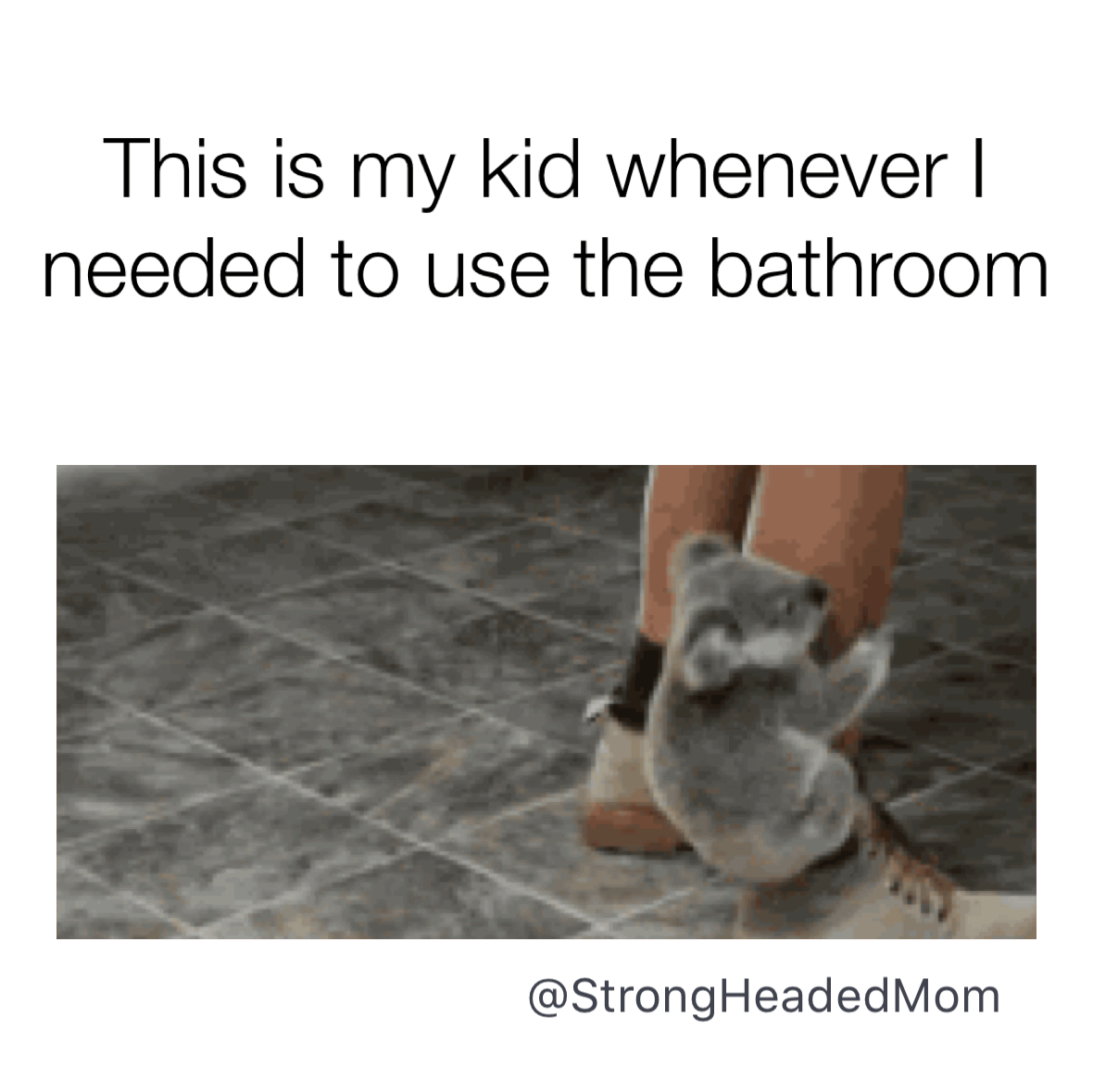
If you think the upside of toddlers being mobile is that they can be more independent, you will be disappointed. Yes, they would try to run away from you all the time when you are watching them. However, just as you needed some time to yourself and wanted to take a break, they would turn into some clingy whiny babies who just wanted to cuddle with mommy.
I still remember that night, when I needed to make dinner for him, I put him in his play yard (packed with toys), thinking he would be happy to play by himself for 20 minutes. We have an open kitchen, so I could see him just fine and he could see me as well from his play yard. But instead of playing peacefully by himself, he stood by the gate, staring at me while crying his lungs out. I thought he was being unreasonable, as I already spent a whole day with him, so I just let him cry for a couple of minutes. But he somehow managed to cry so hard that he puked…I know I sound like a mean mother, but at that moment, I was so frustrated!
Also after he turned one, he apparently got smarter, knowing me and daddy were different from the other adults, who can be a threat. As a result, he developed stranger anxiety and got very scared of anyone other than me and my husband. It took as long as 30 minutes just for him to warm up and sometimes even longer. According to experts, this is a sign of healthy bond between a child and the parents. But as parents, we also felt frustrated as our child became a scaredy-cat and couldn’t even enjoy himself very much in public settings.
My Solution:
As all of this being a sign of healthy mother-child bond, I didn’t really want to “toughen him up” by pushing him away at this age. So the only solution here was to take him with me everywhere, and to ensure him that mommy loves him and wasn’t going to leave him alone. I put him in a highchair and moved him to the kitchen so that he could see me cooking. I even took him with me to the bathroom when I needed to go. I took him outside every day and encouraged him to play with the kids in the neighborhood. I also brought him to “mommy & me” classes to social with other kids right by my side. This meant zero me time for myself whenever he was awake (except when he was at daycare part-time, thank god!), but at least I knew it was good for him to build confidence, also it led to less tears and meltdowns.
My son is 3 years old now and we certain have come a LONG way. In the past 3 years I have experienced and grown so much as a mother and as a person, that I feel obligated to share what I have learned with all of the strong headed mommies out there, who have had the same struggles. I have planned to write about “Mommy’s Biggest Challenges” in 3 parts, and this is the second part. So please stay tuned for the third part. I will be writing about how I dealt with my strong-headed boy and his “terrible two”. :p
If you are interested, here is the 1st part of the series:
8 Things I Wish I Had Known Before I Became A First-Time Mom

